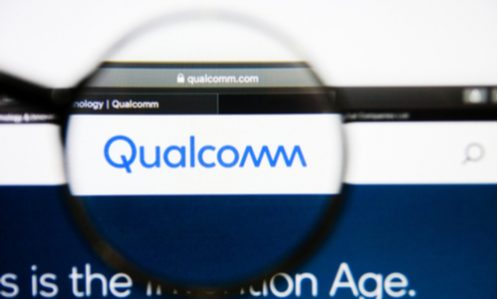On Wednesday, October 28, a US appeals court declined to reconsider a decision that dismissed the Federal Trade Commission’s (FTC) antitrust case against Qualcomm, reported the Wall Street Journal.
In 2020, the FTC alleged that the dominant cellphone chip maker engaged in illegal monopolization, but a three-judge panel on the Ninth US Circuit Court of Appeals ruled in August that the government hadn’t proven its case.
The circuit stated the FTC hadn’t demonstrated that Qualcomm’s core business practices related to its cellphone chips and patents were anything more than lawful attempts at profit maximization.
The FTC asked the Ninth Circuit to rehear the case with more judges participating. The court denied that request on Wednesday without a comment on the case, a move that deals a stinging and near-final blow to the Commission’s case. The appeals court indicated that no judge called for a vote on the FTC’s request to reconsider.
The FTC’s lawsuit alleged that San Diego-based Qualcomm held monopolies in two types of must-have modem chips and wouldn’t sell them to device makers unless those companies also paid to license a broader portfolio of Qualcomm’s intellectual property. That structure made it difficult for phone makers to challenge Qualcomm’s patent royalty rates, and the arrangement also meant those manufacturers were paying Qualcomm royalties even if they used a competitor’s chips in their phones, the FTC alleged.
The FTC won a sweeping antitrust judgment from a trial judge last year that ordered changes to Qualcomm’s business practices, but on appeal the Ninth Circuit panel this summer wiped out that ruling, stating it was deeply flawed.
“The fact that not one judge on the Ninth Circuit thought it necessary to consider the merits of the FTC’s petition or to even ask for a response from Qualcomm validates the strength and clarity of the panel’s thorough analysis and conclusions,” the company said in a statement.
Want more news? Subscribe to CPI’s free daily newsletter for more headlines and updates on antitrust developments around the world.

